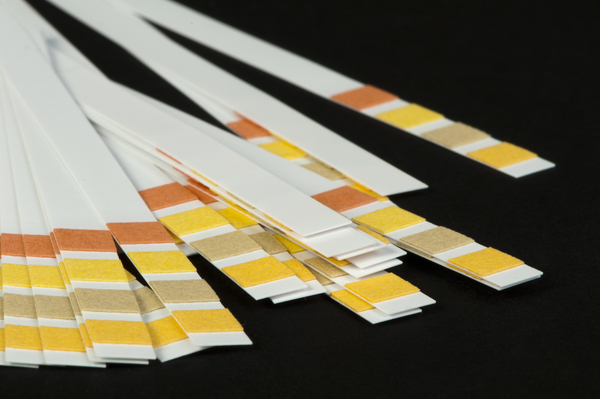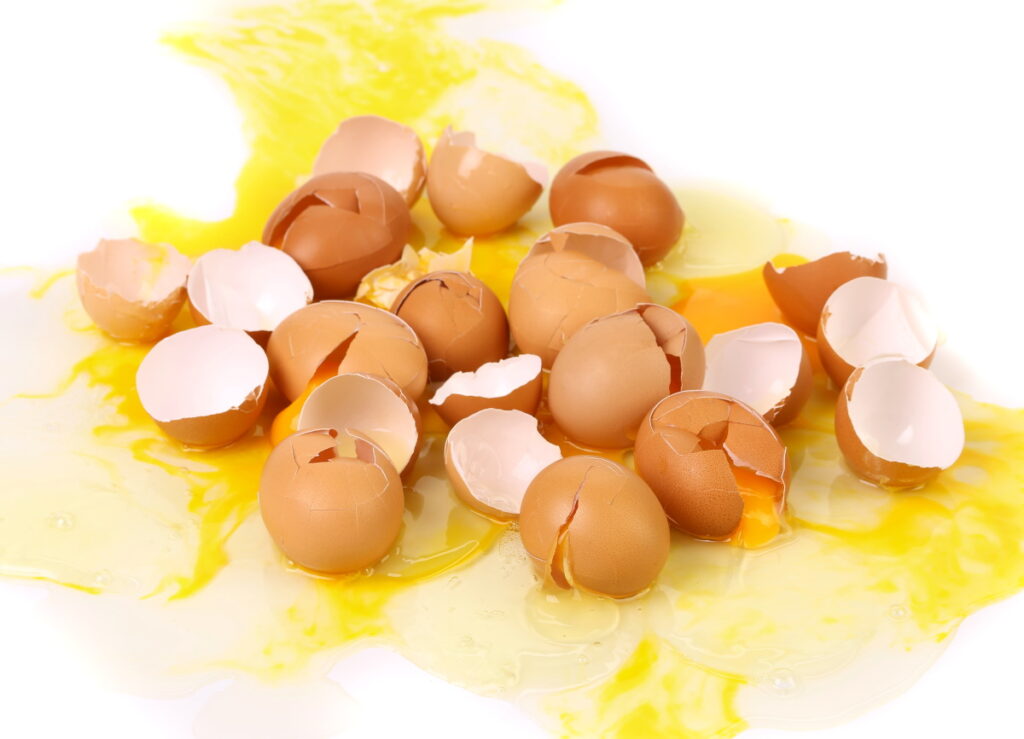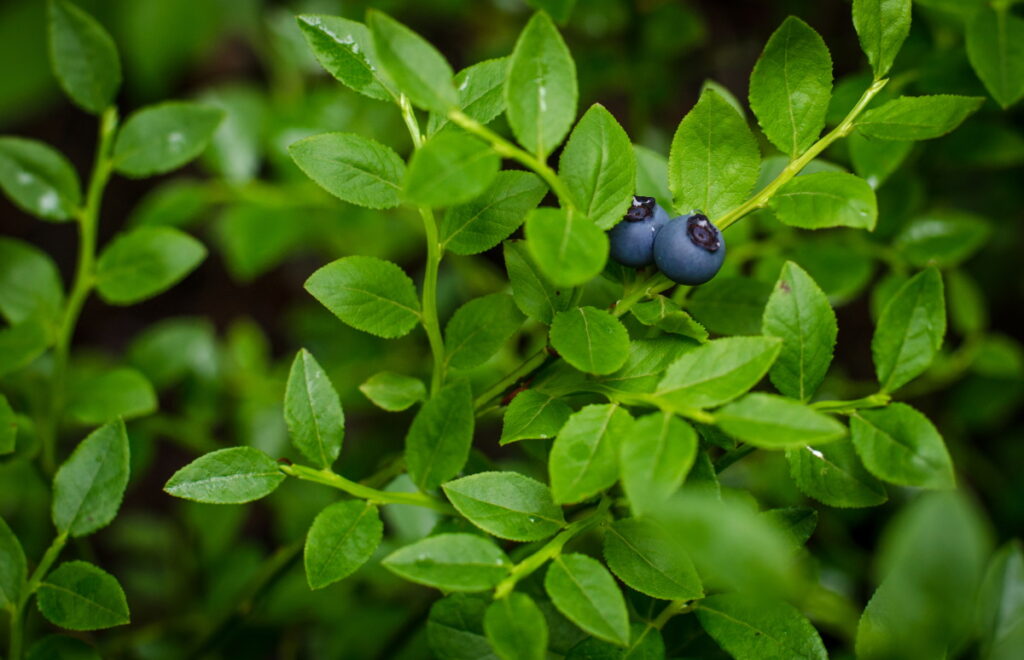Blueberries can be a tough fruit to grow. They prefer acidic soil and won’t grow well, or at all, in the soil that many plants thrive in. Since compost commonly improves normal soil, it may not be ideally suited for blueberries. Creating compost for blueberries requires a different approach and a bit more work.
Soil that Blueberries Like
We measure acidity using something called pH. A pH of 7 is neutral, which you normally would find in the water. Common soil has a pH of around 7. Depending on how it’s made, the compost may have a pH of 6-8. It will typically be more acidic while it’s still composting and may still be slightly acidic when complete but nowhere near what blueberries favor.
Blueberries, on the other hand, prefer slightly acidic soil with a pH of around 4.5-5.5. Too acidic, and your blueberries won’t grow. At this pH, many plants wouldn’t grow. So, we can’t use normal compost for blueberries.
You can measure both your soil and compost using a soil testing kit available at places like Home Depot or Amazon.
How do we go about creating compost for blueberries, and does it help them grow? Let’s explore that.

Creating Acidic Compost for Blueberries
The pH, nutrients, and other components of your compost are largely determined by what you added to the compost. This is why we warn you about things like citrus fruit, pine needles, and even blueberries when you’re deciding what to add to your compost.
When you’re using the compost for blueberries, though, that recommendation changes. You want to add these materials to the compost to make it more acidic. Here are some of the things you want to consider adding to your compost if you’re going to use it for blueberries:
- Leaves from Beech Trees
- Leaves from Oak Trees
- Pine Needles
- Onions
- Vinegar
- Citrus Fruit (e.g., oranges, lemons, limes, grapefruit)
- Bark
- Wood Chips
- Blueberries
Adding more of these materials can help you make acidic compost which can be used for blueberries.
You definitely want to periodically test the compost to ensure the pH is low enough to add to the soil for the blueberries. Also, remember that when you add the compost, the pH that you end up with will balance out with that of the soil.
So, if the soil has a pH of 7 and the compost has a pH of 5.5, you will end up somewhere between 5.5 and 7, depending on how much compost you add to the soil. So, starting with acidic soil is ideal, even if you add acidic compost.
You also want to be careful about taking your compost pH too low. This can stop or slow the aerobic decomposition that you’re looking for. Then an anaerobic decomposition cycle takes over, and you end up with stinky, less healthy compost. We don’t want that.

What to Avoid
There are also a few things that you may want to avoid adding to your compost because they make it more basic (less acidic or a higher pH).
Also, don’t add mushroom compost to the soil for your blueberries. Mushrooms favor basic soil. They absolutely don’t want acidic soil. Mushroom compost is made specifically for mushrooms, much like making acidic compost for blueberries.
Therefore, mushroom compost tends to be more basic, which means a higher pH, and you don’t want it in the soil for your blueberries.
Creating Compost for Blueberries with Worms
If you’re vermicomposting or using worms to compost, they can tolerate the compost being a little acidic but too acidic, which can be unhealthy for them. So, if you need acidic compost for blueberries, you probably want to avoid creating compost for blueberries using your worms. They do great for regular compost, but this just isn’t their thing.
A Different World When Creating Compost for Your Blueberries
Each plant has different needs. This is why fertilizer has some benefits over compost. They each serve their role. That doesn’t mean that compost can’t help you grow blueberries, but because of the top of soil that blueberries favor, you need to approach creating compost for blueberries a little bit differently.
